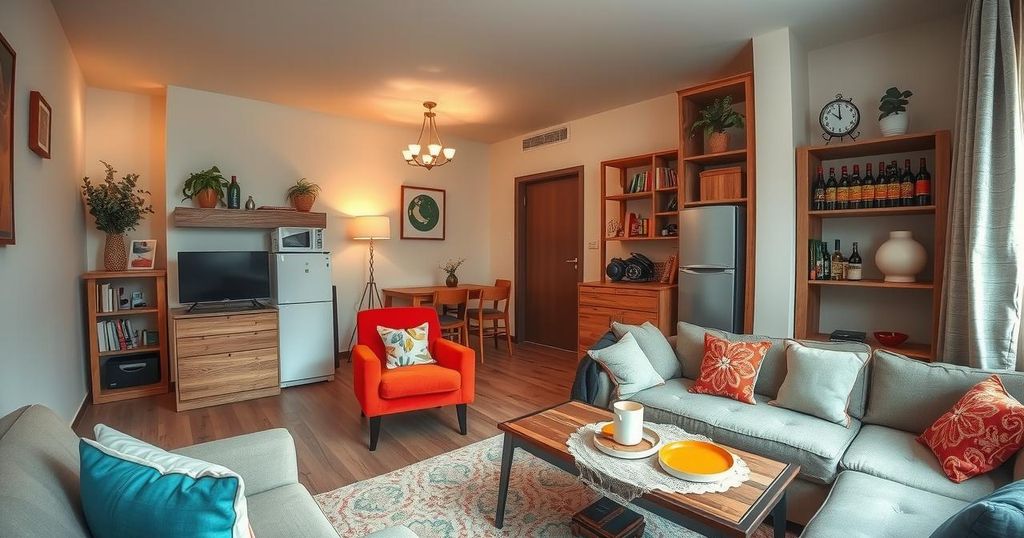World news
AFP, AFRICA, ASIA, CHINA, CRIMEA, CUBA, DANONE, EUROPE, EUROPE/ASIA, EXTREMISM, MARIA, MARIA TYABUT, MCDONALD ’ S, MEXICO, MILITARY, MOSCOW, MY, MYTISHCHI, NIGER, NORTH AMERICA, RUSSIA, SANCTIONS, SECURITY, SERGEI, SERGEI DUZHIKOV, SOUTH AMERICA, UKRAINE, VENEZUELA, VKUSNO I TOCHKA, WAR
Ethan Kim
0 Comments
Life in Russia Amid Western Sanctions and Economic Changes
- Sergei and Maria adapt to Western sanctions over Ukraine.
- Russian consumer culture shifts towards local brands and alternatives.
- Travel plans have diverted from Europe to Latin America and domestic spots.
Living with Sanctions: A Russian Perspective
Western sanctions over the Ukraine conflict have significantly impacted the Russian economy, yet some Russians, like Sergei Duzhikov and Maria Tyabut from Mytishchi, near Moscow, seem unfazed. The couple is adjusting by opting for local alternatives rather than European brands. Their Chinese car and newly renovated apartment filled with domestic products showcase a lifestyle that has adapted rather well, despite the ongoing conflicts and economic pressures. Maria expresses a sense of normalcy in her life, seemingly without much disruption from the sanctions.
Adapting to Brand Changes in Daily Life
The sanctions, first implemented after Russia’s annexation of Crimea in 2014, tightened further with the full-scale invasion of Ukraine. The immediate consequence of these sanctions was the withdrawal of numerous Western brands, including the iconic McDonald’s, which has been replaced by a Russian alternative named “Vkusno i tochka.” According to Sergei, who works as a funeral director, the quality of food remains satisfactory, as both of their children enjoy the new restaurant chain that has taken McDonald’s place. Maria’s grocery experiences are similar, citing an adaptation to brands after the departure of Danone, whose yogurt was replaced but still meets their family’s needs.
Shifts in Leisure and Travel Amidst Sanctions
Travel choices have also metamorphosed, with the couple now vacationing across Russia and in countries like Venezuela, where they found friendliness from local people despite U.S. sanctions. The unfortunate aspect is that direct flights to many European destinations were curtailed soon after the escalation of the Ukraine conflict. Despite hinderances like waiting for three months for car parts after a fender bender, Maria and Sergei assert they feel neither deprived nor limited in their daily lives. Maria’s remarks about food selection speak to a broader sentiment among Russians easing into this new economic reality—one that balances rising prices with convenience and productivity.
In summary, while the sanctions imposed following the Ukraine conflict have reshaped shopping habits and travel plans for many Russians, individuals like Sergei Duzhikov and Maria Tyabut illustrate a notable resilience. They have embraced local products, adjusted to new brands in the marketplace, and sought alternative travel destinations. Despite the challenges presented by inflation and the loss of familiar Western goods, the couple maintains a sense of stability and adaptability in their lives, suggesting that daily activities can remain fulfilling even in tough economic climates.




Post Comment